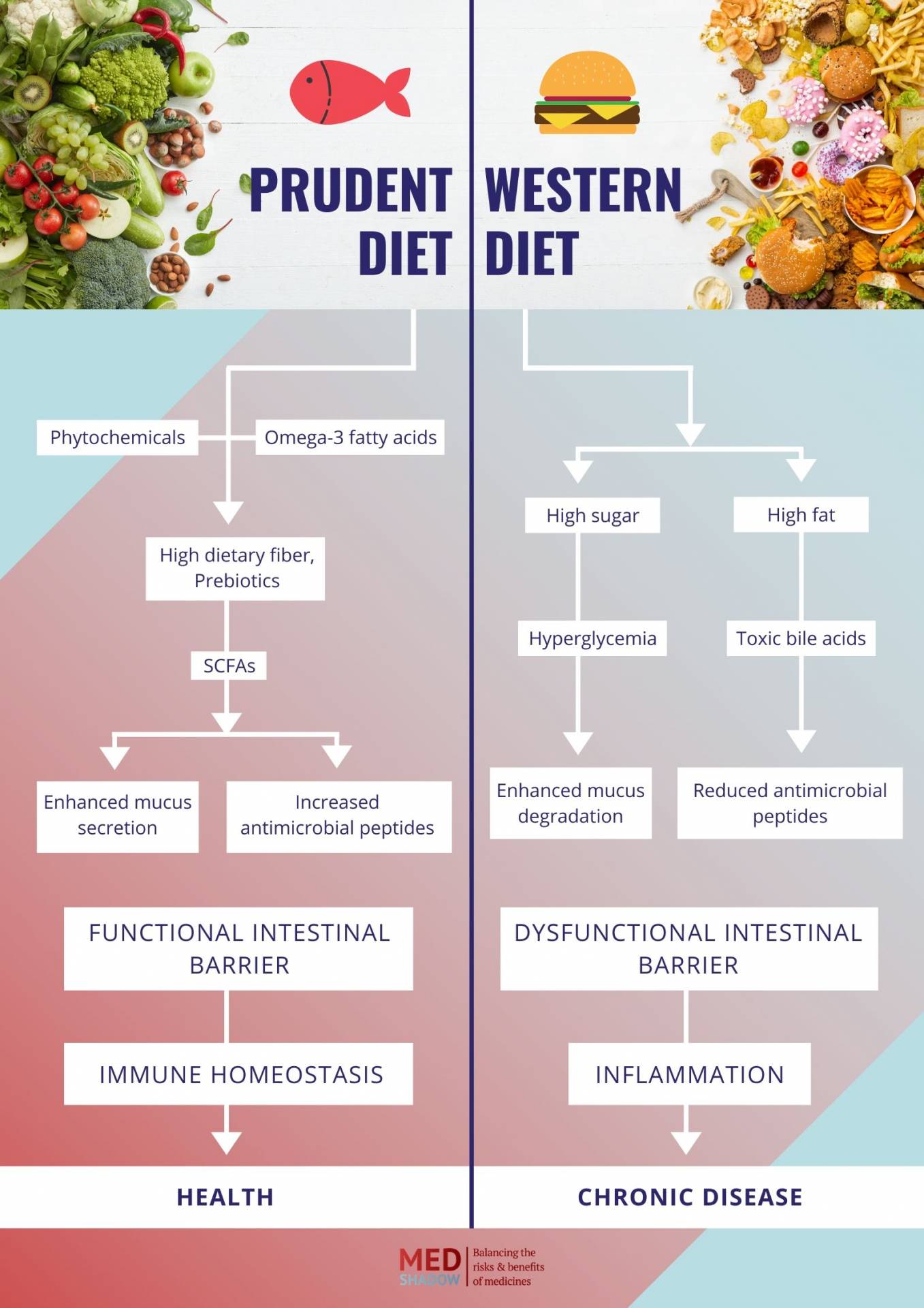Are we anxious or depressed because we are eating poorly? A growing cluster of studies about the gut-brain axis is showing that something as common as anxiety can be alleviated by eating foods that promote healthy gut bacteria. Many studies now link specific microbiota to everything from depression to inflammation. It’s difficult to underestimate the importance of consuming a wide variety of nutritious foods that contain the full array of microbiota we need to thrive. How do gut health and mental health work together?
Gut Health And Anxiety
More than 21 studies on the effect of food (both probiotic and non-probiotic) on anxiety were reviewed by researchers at the Shanghai Medical Health Center. 14 of the studies used probiotics with only 36% of them finding probiotics to be effective at lowering anxiety. More interesting: six of the seven studies that used changing diet (a non-probiotic method) found them to be effective at reducing anxiety. The researchers speculated that changing a diet to diverse energy sources might promote healthy gut bacteria growth more than using a probiotic supplement that offers specific types of bacteria.
The researchers also suggest that “in addition to the use of psychiatric drugs for treatment, ‘we can also consider regulating intestinal flora to alleviate anxiety symptoms.’”
According to HIF, making vital changes to one’s diet is the key for a long and happy life, according to Time Magazine. These changes include consuming a Mediterranean-style diet, comprising lean proteins, fruits and vegetables, pulses, and healthy Omega-3 fats. Not only does this diet provide the ideal environment for beneficial microbiota, but it also promotes heart health by helping individuals stay at an optimal weight. Considering that obesity is reaching epidemic proportions, taking care of your gut by consuming a varied, healthy diet seems like a good choice to make – for both children and adults.
Gut Bacteria And Depression
A study published in February 2019 in the journal Nature Microbiology (as reported in VIB showed the extent to which specific gut bacteria are linked to depression. The researchers found that people with depression consistently have depleted levels of two microbiota in particular (coprococcus and dialister). Having a wide range of gut bacteria can have a protective effect on the brain. As stated by Mireia Valles-Colomer, different microorganisms exert different beneficial effects on bodily systems. One substance, for instance (a by-product of ‘feel-good’ neurotransmitter, dopamine) is linked to a better mental quality of life.
Depleted Microbiota Levels Disrupt Brain Connection
Despite scientists knowing that there is an undeniable link between gut health and mental health, they never really knew why – until a 2019 study by researchers at Weill Cornell Medicine and Cornell’s Ithaca Campus revealed the answer. It has to do with the way the gut and brain connect at a molecular level. In the study, mice treated with antibiotics to reduce their microbiota levels had a significantly reduced ability to learn that a source of danger was no longer present. Researchers concluded that low microbiota levels alter genes inside cells, negatively affecting the way brain cells connect. These connections are vital during the process of learning. Scientists also found that specific substances associated with disorders like schizophrenia and autism were changed in the mice with depleted gut bacteria levels.
What Foods Promote Good Gut Health?

The Mediterranean diet is a good way to introduce various types of food into the gut. Within this diet, fiber plays a particularly important role. As stated in research published in Cell Host & Microbe Review, the typical Western diet is low in fiber but is high in sugar, fat, emulsifiers and red meat. This can create toxic byproducts that are harmful to microbiota growth. Diets comprising fish (instead of red meat), seasonal fruits and vegetables, probiotics, and healthy fats, on the other hand, create a series of conditions that are optimal for microbes. These include the proliferation of important peptides and enhanced immune response.
High-sugar, junk food diets, on the contrary, promote inflammation – a phenomenon that is responsible for everything from skin aging to heart disease. Prolonged lack of dietary fiber, say scientists, destroys the mucus barrier and results in the proliferation of bacteria that degrade it further. When the mucus barrier is affected, it becomes penetrable, and we can become more susceptible to infections. Thus, a high-fiber, low-sugar diet should be seen, not only as a way to boost mental health, but also as a way to bolster the immunity and keep diseases such as obesity, diabetes, and even lung disease and asthma at bay. (See how the Mediterranean diet can also help curb depression.)
Conclusion
Research carried out this year has come a long way in helping scientists understand the important relationship between gut health and mental health and well-being. Two of the most common mental conditions in the world – anxiety and depression – have a connection to the gut. So do various chronic diseases that can shorten life and wrest from its quality. To give your mental and physical health a boost, aim to consume a healthy, varied diet, and include a few probiotic foods in your daily or weekly regimen.






